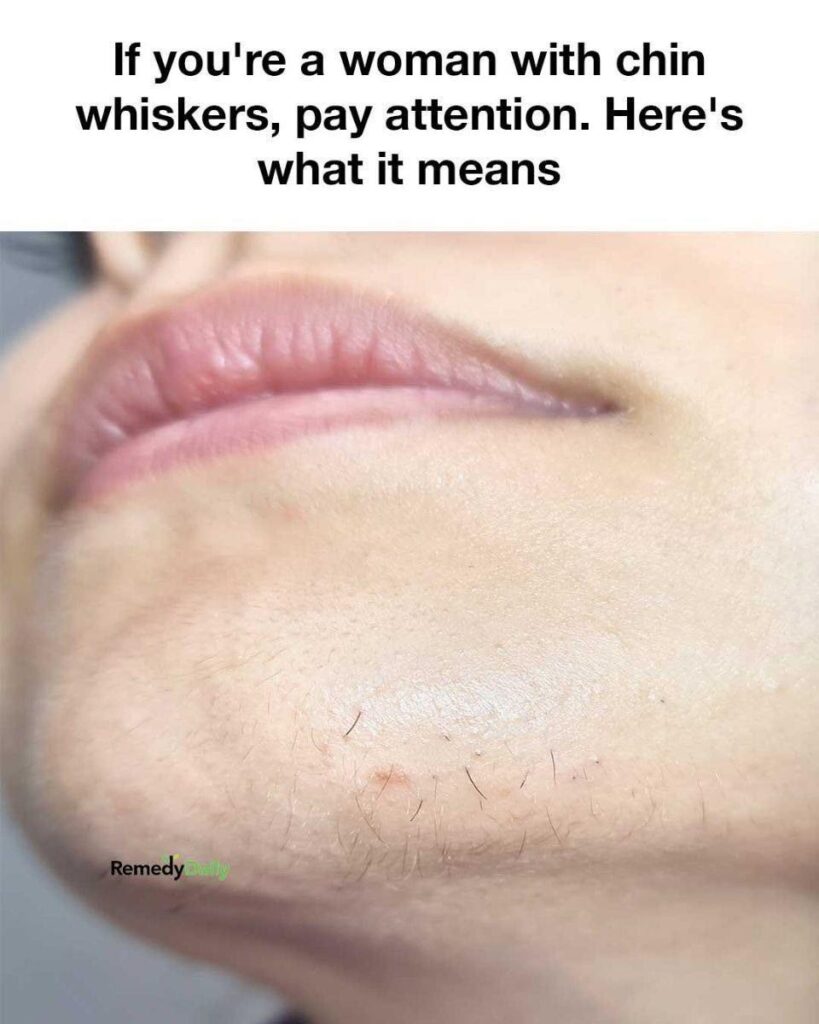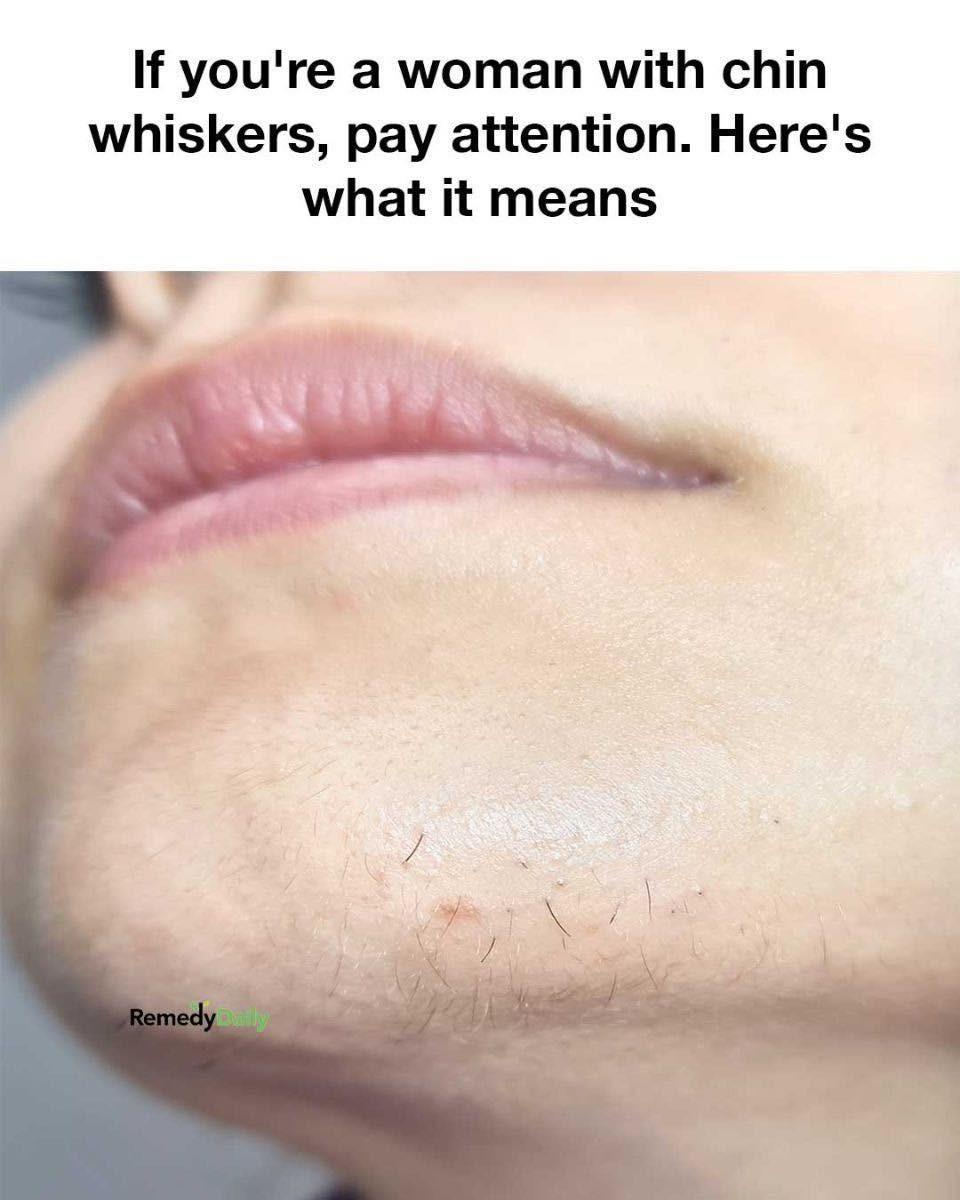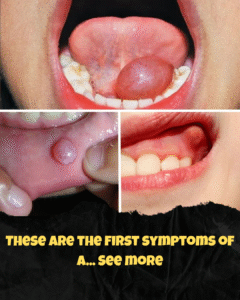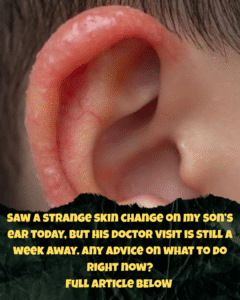
Finding stray chin hairs — sometimes called chin whiskers — can feel annoying or even embarrassing. But did you know these little hairs could be your body’s way of signaling something more important?
While most chin hair growth is harmless, sudden or excessive changes can sometimes point to underlying health concerns. Here's what you need to know:
1. Hormonal Imbalance (Hirsutism)
One of the most common reasons for chin whiskers in women and people assigned female at birth is an increase in androgen (male hormone) levels.
⚠️ Possible Causes:
- Polycystic Ovary Syndrome (PCOS)
- Menopause or perimenopause
- Hormonal medications or birth control
🔍 What to Look For:
- Irregular or missed periods
- Acne or oily skin
- Weight gain or difficulty losing weight
- Hair growth on the chest, chin, or upper lip
✅ What You Can Do:
- See a doctor for hormone testing
- Consider treatment options such as medications, lifestyle changes, or natural hormone balancing
- Maintain a healthy diet and exercise routine
2. Stress and Cortisol Spikes
Chronic stress doesn’t just affect your mood — it messes with your hormones too. When your body produces too much cortisol (the stress hormone), it can throw off your other hormone levels, including those responsible for hair growth.
🔍 What to Look For:
- Sudden chin hairs along with:
- Anxiety or irritability
- Fatigue or insomnia
- Digestive issues or headaches
✅ What You Can Do:
- Incorporate stress-reducing practices: meditation, deep breathing, walking, or journaling
- Cut back on caffeine and processed foods
- Talk to a mental health professional if stress feels unmanageable
3. Thyroid Imbalances
The thyroid controls many systems in your body — including hair growth and hormone regulation. Both hypothyroidism and hyperthyroidism can cause unexpected body hair changes, including chin whiskers.
🔍 What to Look For:
- Fatigue or low energy
- Dry skin or brittle nails
- Weight changes (gain or loss)
- Cold sensitivity or heat intolerance
✅ What You Can Do:
- Ask your doctor for a thyroid function test (TSH, T3, T4)
- Make sure you’re getting enough iodine, selenium, and zinc in your diet
- Follow medical advice or medication plans if diagnosed
When to See a Doctor
While the occasional stray hair is completely normal, see a healthcare provider if you notice:
- Sudden or excessive facial hair growth
- Other symptoms of hormonal changes
- New hair growth after age 40
- Irregular menstrual cycles
- Skin changes or acne
Final Thoughts
Chin whiskers aren't always a big deal — sometimes they’re just a normal part of aging or genetics. But if they’re suddenly showing up or multiplying, it’s worth paying attention.
✨ Your body sends signals. It's up to you to listen.
If in doubt, speak with your doctor for proper evaluation and peace of mind.

Guide to Chin Hairs and Hormonal Imbalances
Ingredients
Method
- If you notice sudden or excessive facial hair growth, seek medical advice.
- Monitor for other hormonal change symptoms like irregular periods or skin changes.
- Evaluate stress levels and incorporate techniques to reduce stress.
- Ensure you have essential minerals like iodine, selenium, and zinc in your diet.





Leave a Reply